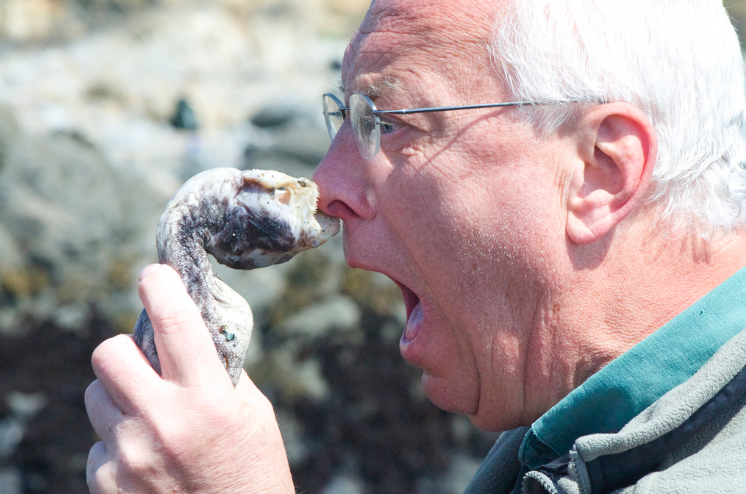

"It's quite an amazing story," said Rod Bradford, an aquatic biologist with DFO who provides science advice on the status of American eel in the Maritimes. Here they will mature into adult American eels and spend between four and 40 years, before finally returning to the Sargasso Sea to spawn. Over a year, larvae resembling minuscule willow leaves drift along in the Gulf Stream to destinations spanning from the Caribbean to Greenland.īy spring, they have become tiny eels, and millions swim the final stretch through brackish estuaries to rivers in Nova Scotia.

The money involved is only rivalled by the extraordinary life cycle of the species, known in North America as American eel.Įvery year, billions of eggs hatch in the Sargasso Sea, a vast expanse of water and floating seaweed in the north Atlantic, adjacent to Bermuda.

It's also become a global conservation headache, as the price for baby eels - also called elvers or glass eels - has skyrocketed in the bid to supply fish farms in Asia, where they are grown to market size to satisfy the huge appetite for eating eel in places like Japan. The innocuous little fish at the heart of this poaching case, the details of which have not been previously reported, has in recent years become the centre of international smuggling schemes worth tens of millions of dollars and that stretch from Europe to New England. "It is one of the bigger cases that I've seen in my career," said Chris Sperry, DFO's acting chief of conservation and protection in southwest Nova Scotia.Ī fisherman in southern Maine works to get elvers in this 2012 photo. He'd been nabbed in a federal fisheries sting, one targeting poaching in a little-known but enormously lucrative industry that plays out each spring in Nova Scotia's rivers and brooks.Īt the centre of the undercover operation by the Department of Fisheries and Oceans in May 2018 was the most unlikely of creatures - baby eels. Moments later, Kiley's world turned from dollar signs to handcuffs. He was ultimately hoping to unload up to 300 kilograms of the tiny creatures, a huge haul worth $1.3 million on the open market, but one he was offering at a steep discount. This was just an initial sample Kiley had brought to show a prospective black-market buyer, a woman he knew only through text message as "Danielle." Inside was a white bucket containing what looked like a giant hairball, the type that might be pulled from a bathtub drain.Įxcept it was alive - a wriggling, slithering mess. In the parking lot of an Irving gas station in Aulac, N.B., not far from the Nova Scotia border, Curtis Kiley popped the trunk of a Toyota Corolla.


 0 kommentar(er)
0 kommentar(er)
